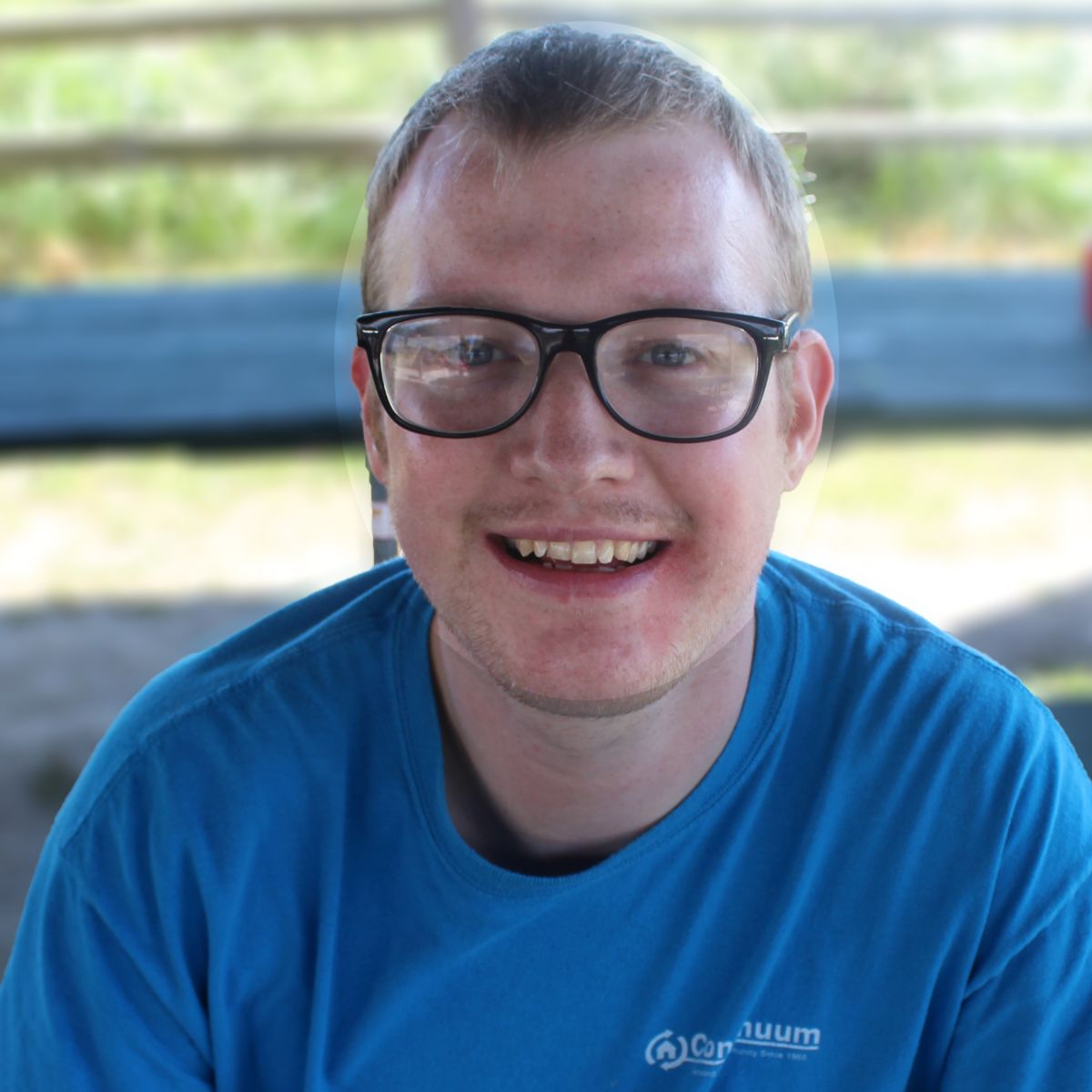Continuum of Care, Inc.’s mission is to enable people who are challenged with mental illness, intellectual disabilities, addiction, or homelessness to rebuild a meaningful life and thrive in the community.
5 Habits for Happiness
 Happiness researcher Shawn Achor, author of The Happiness Advantage, is on a mission to change minds, hearts and lives. Happiness, he says, isn’t just about feeling good, it’s about the joy we feel while striving after our potential. His research has found that choosing simple happiness habits that take no longer than brushing your teeth can boost your mood, make you happier and, as a result, healthier, more productive and creative. Achor recommends these five simple habits to follow every day:
Happiness researcher Shawn Achor, author of The Happiness Advantage, is on a mission to change minds, hearts and lives. Happiness, he says, isn’t just about feeling good, it’s about the joy we feel while striving after our potential. His research has found that choosing simple happiness habits that take no longer than brushing your teeth can boost your mood, make you happier and, as a result, healthier, more productive and creative. Achor recommends these five simple habits to follow every day:
- Three Acts of Gratitude. For 21 days, spend two minutes a day scanning the world for three new things you’re grateful for. This activity trains your brain to scan the world in a new pattern — you’re scanning for positives, instead of scanning for threats.
- The Doubler. For two minutes a day, think of one positive experience that’s occurred during the past 24 hours. Bullet point each detail you can remember. It works because the brain can’t tell the difference between visualization and actual experience, so you’ve just doubled the most meaningful experience in your brain. Do it for 21 days and your brain starts connecting the dots for you. Then you have this trajectory of meaning running throughout your life.
- The Fun Fifteen. Fifteen minutes of cardiovascular exercise a day is the equivalent of taking an anti- depressant for the first six months, but with a 30 percent lower relapse rate over the next two years. Your brain records a victory and that cascades to the next activity.
- Breathe. For two minutes, stop multitasking, stop everything. Simply watch your breath go in and out. This raises accuracy rates, improves levels of happiness, and drops your stress levels.
- Conscious Acts of Kindness. The final habit is the most powerful. For two minutes each day, start your day at work or at home by writing a positive note, e-mail or text praising or thanking one person you know. Do it for a different person each day.
Achor states that the brain is limited and whatever we attend to first becomes our reality. The same thing happens with lack of sleep. According to his research, sleeping eight hours a night enables us to remember positive and negative words around 80 percent of the time 24 hours later. But with five hours of sleep, we remember 70 percent of the negative words, and 20 to 30 percent of the positive. So our reality literally shifts based on whether or not our brain feels overwhelmed.
Thinking of three things you’re grateful for while you brush your teeth or smiling at a stranger in a hallway can not only boost your happiness, but help you to make that choice over and over again. Give it a try.